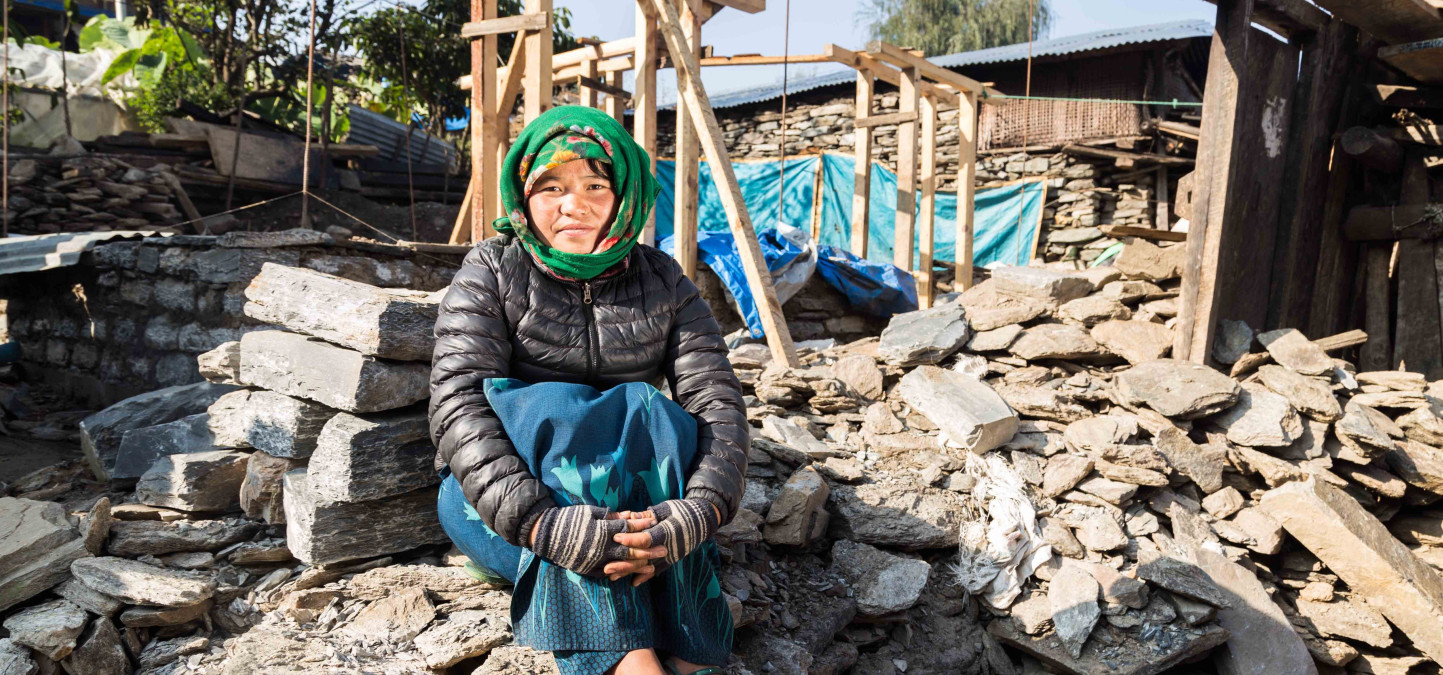Resilient Trails for Resilient Futures of Nepal
Published: Dec 5, 2017 Reading time: 2 minutes Share: Share an articleOn April 25, 2015, a 7.8 magnitude earthquake struck Nepal followed by multiple aftershocks and landslides. More than 8,500 people lost their lives and over half a million homes were destroyed. With the support of UK aid, People in Need (PIN) started "Unnat Goreto", a project that reconstructed over 125km of trails throught remote Himalayan villages, employing over 2,000 residents from the communities.

"I worked on this trail project for 50 days and earned 366 pounds. I used that money for my children’s education in Lamjung," says Chin Maya Gurung. "We are happy because we received the same wage as men. We were never paid equally before," she adds.
"I received 330 pounds. With that money I bought cement, steel rods and sand to construct the foundation for my house," says Binod Kumar Karki.
"I earned almost 330 pounds. I repaid my loan of 183 pounds and started a cosmetic shop with the remaining money. I am very happy to work in this trail project. You get happy when you receive lots of money," says Phool Maya Ghale.
"I worked for 27 days, then 20 days and received 440 pounds. With that money I started the construction of my house and invested in my children’s education," says Apsara Karki. "People who needed it the most got a chance to work. We got jobs, our children could study and we could buy food and build our houses. I think it’s really good," she adds.
"I earned approximately 440 pounds. We may get sick in the future. So I saved the money for upcoming needs," Chandra Bahadur Gurung. "I guess I made 586 pounds from this work. I used the money to pay the labour charge for carrying rocks to build my house," says Chir Maya Gurung.
Over 1 million GBP has been disbursed in the local communities through employment. The project provided local residents with temporary jobs, helped revitalize their local economies and improved access to the entire region.


